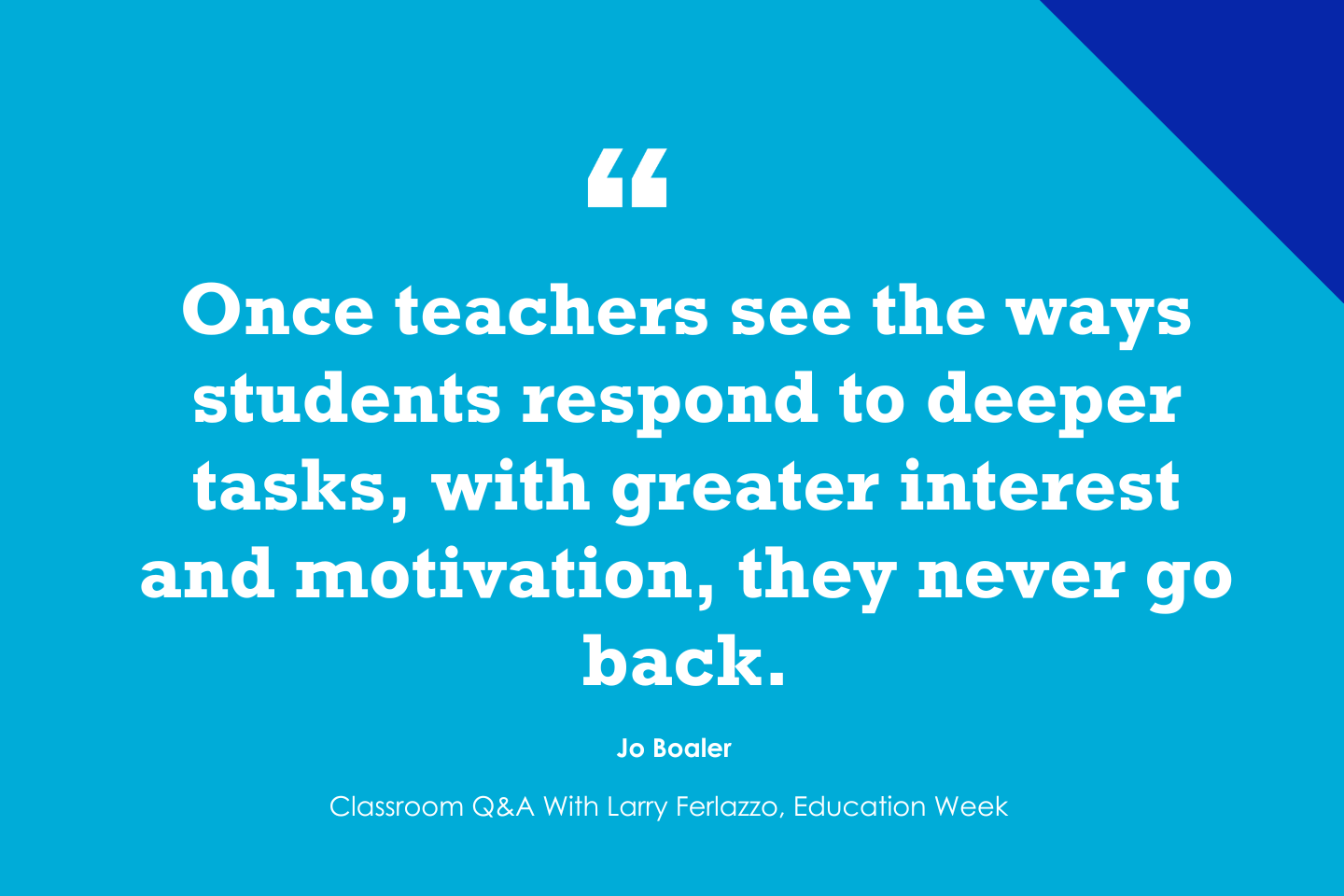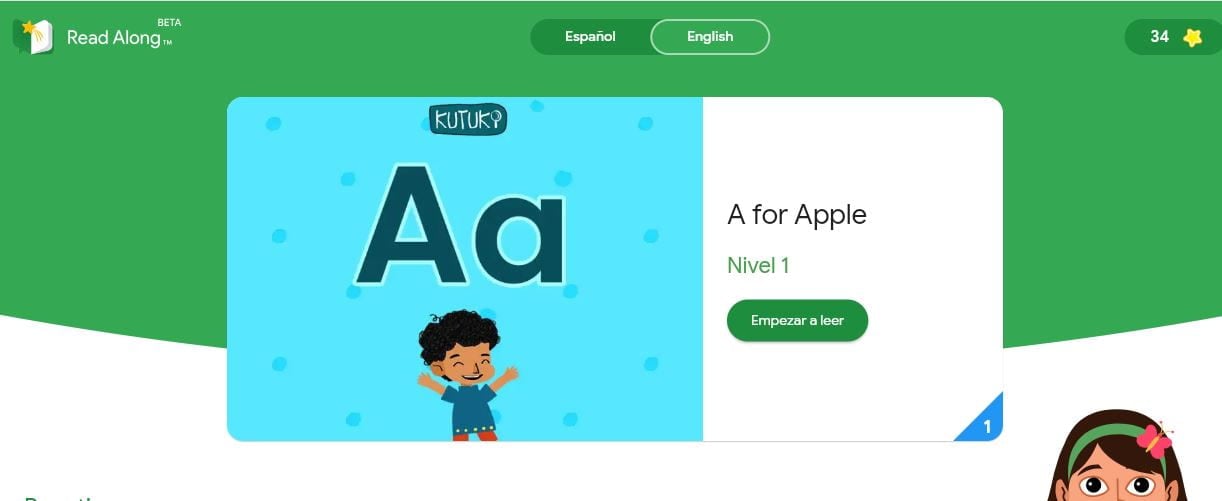As the lazy days of summer start to dwindle, it’s time to trade in beach reads for textbooks and flip-flops for sensible shoes. The upcoming semester is looming like a deadline in the distance, slowly but surely creeping closer. But fear not! This year, you have a secret tool in your back-to-school arsenal: AI. Imagine having a digital assistant that never sleeps, helping you draft syllabi, create lesson plans, and even answer those tricky student emails. It’s time to gear up, get organized, and face the new academic year with a sense of humor, a hint of panic, and the incredible power of AI. Let’s dive into the fun (and sometimes frantic) preparations that mark the end of summer and the start of another great semester.
Integrating Artificial Intelligence (AI)
Integrating artificial intelligence (AI) into higher education is increasingly common, presenting new opportunities and challenges for educators and institutions. As generative AI evolves rapidly, it is essential to explore and discuss its impact on teaching and learning for both faculty and students. Swaak (2024) pointed out the mismatch between generative AI and institutions of higher education as one is evolving rapidly (AI) and the other is historically slow to change (higher ed). GenAI is prompting institutions of higher education to reconsider their values and strategies for effectively serving students (Swaak, 2024). We know and recognize that faculty have different views and experiences on the use of generative AI. We consider GenAI as a helpful assistant, a tool that we can use to better support our students.
Faculty Insight
In November 2023, we surveyed faculty at our respective institutions to gather insights on AI use throughout the Fall semester. We asked them to share their initial thoughts on AI, the tools they had tried, the professional development they had participated in, and their reflections at the end of the semester. The faculty responses indicated a mix of emotions with the majority noting they were curious, uncertain, and intrigued about generative AI. Some faculty also noted feeling skepticism, enthusiasm, annoyance, concern, and worry. When asked if they were using AI to support academic activities, the majority of faculty who responded stated they did not use AI to support academic activities. Concerns in using AI included uncertainty about how to use AI purposefully, worries about students using AI to complete their work, a perceived lack of necessity for AI, and a need for more training.
We also asked faculty who were using AI to share how it impacted their teaching and learning. Some faculty expressed that using AI tools has significantly reduced the time spent on creating lecture materials, allowing them more time to focus on creating engaging and exciting student activities. They noted that students were open to learning about AI and they appreciated AI’s ability to relieve some cognitive tasks. One faculty member explained how they used AI to deconstruct complex ideas, and demonstrated to students how AI can facilitate understanding and generate new ideas.
These insights highlight the diverse experiences and perspectives on AI in higher education. By sharing what we learned from our faculty, we hope to provide practical ideas and encourage further discussion on integrating AI into teaching and learning while being sensitive to the varying views and feelings on this topic. One thing we know for sure is that AI is not going away and will continue to evolve and change the landscape of teaching and learning. Often, there are suggestions on what AI can do, but instructors might struggle with figuring out how to use it effectively. Much of the learning comes from experimenting with different platforms and seeing what AI generators can produce. When ChatGPT was launched in the fall of 2022 (Heaven, 2023), many were skeptical and unsure how to utilize it. However, with numerous upgrades and increasing faculty engagement, hopefully, instructors are now more comfortable using it as a valuable tool for preparing and managing the semester efficiently.
Kickstart Your Semester – AI Integration Tips
As faculty prepare for the upcoming semester, here are some suggestions on how to use AI to save time on typical “chores.” While ChatGPT has become a staple for generating tips, another user-friendly AI platform to consider is Magicschool.ai. This tool guides you through each task with input boxes, making it easy to use and navigate. If using another platform feels stressful, stick with ChatGPT or try one of the suggestions we provide below. Simply tell it exactly what you need, and then ask it to modify its outputs until you are satisfied with the results. It’s as simple as writing something and then asking generative AI to rewrite it for a more polished version.
As you gear up for the new semester, why not let AI do some of the heavy lifting? Whether it’s whipping up dazzling PowerPoint slides, rewording a syllabus, or designing a new and exciting lesson, AI has you covered. Need a YouTube video summarized or some awesome questions? Done. Looking to add some flair or whip up Depth of Knowledge questions? Look no further. Let AI handle rubrics, tailor assignments, and give feedback. It’s like having a teaching assistant that never sleeps!
Content Generation
Making or Redesigning Presentations: Gamma.app and Canva with Magic Design are two options we have used.
Rewriting/Rewording Syllabus
Lesson Planning: Generate a lesson plan for a topic or objective you’re teaching
YouTube Video Summarizer/Video Questions: Get a summary of a YouTube video in whatever length you choose as well as generate guiding questions
Content Enhancement
DOK Questions (Depth of Knowledge): Generate questions based on topic or standard for each of the four DOK levels. Magic School has a helpful DOK generator to try: Magic School DOK Generator
Real World Connections: Generate real-world examples to increase student investment
Text Summarizer: Take any text and summarize it in whatever length you choose. It is all about the prompt – this can support English Language Learners or students who may learn differently.
Assessment and Evaluation Tools
Rubric Generator: Have AI write a rubric for an assignment you are creating for your class. Magic School AI has a rubric generator that is magic!
Creating Assignments or Differentiating Assignments: Generate an assignment based on your description. Try Diffit, their motto is “get the just right resource.”
Giving Feedback: Using custom criteria, AI can identify areas of strength and areas for growth in student work. For instance, MagicSchool.ai generates feedback based on your input. Alternatively, with ChatGPT, you can briefly describe the assignment and mention specific points the student made. Adjust the basic input for each individual student to get tailored feedback.
Multiple Choice Assessments: Create a multiple choice assessment based on any topic, standard(s), or criteria – Quizizz
Exemplars: Have AI write an exemplar of a specific assignment to show expectations
And there you have it, folks—your AI-powered toolkit for kicking off the new semester with flair and finesse. Just imagine: while you’re enjoying that last sip of summer iced coffee, your AI assistant is tirelessly crafting rubrics, tailoring assignments, and whipping up questions that will make your students’ heads spin—in a good way, of course. So, why not let AI be your overachieving, never-sleeping teaching assistant? Embrace the future, save some time, and maybe even have a little fun along the way. Here’s to a semester that’s not just smart, but AI-smart!
Dr. Joanne Ricevuto is the assistant vice president for Instructional Success, overseeing faculty programming at her institution. She provides and presents a variety of professional workshops on current topics in higher education. Additionally, she serves as the managing editor for the Office of Instructional Success website. With over 20 years in higher education, she is a professor of early childhood education and an accomplished author. Her published works focus on virtual learning and student engagement, including co-authoring Engaging Virtual Environments: Creative Ideas and Online Tools to Promote Student Interaction, Participation, and Active Learning.
Laura McLaughlin is a professor of education, director of graduate education, director of the Center for Excellence, and author. McLaughlin has over 20 years of experience working with adult learners providing training, professional development and coaching in corporate and educational settings. McLaughlin’s research focuses on developing learners in innovation, creativity, and using technology to engage learners.
References
Heaven, W.D. (2023, March). The Inside Story of How ChatGPT was Built from the People Who Made It. MIT Technology Review.
Swaak, T. (2024, March). AI Will Shake Up Higher Ed. Are Colleges Ready? Chronicle of Higher Education, 1.
The post Ace Your Semester: Harnessing AI for a Head Start appeared first on Faculty Focus | Higher Ed Teaching & Learning.
The upcoming semester is looming like a deadline in the distance, slowly but surely creeping closer. But fear not! This year, you have a secret weapon in your back-to-school arsenal: AI. Imagine having a digital assistant that never sleeps, helping you draft syllabi, create lesson plans, and even answer those tricky student emails.
The post Ace Your Semester: Harnessing AI for a Head Start appeared first on Faculty Focus | Higher Ed Teaching & Learning. Teaching with Technology, AI in higher education, AI in the classroom, teaching with technology Faculty Focus | Higher Ed Teaching & Learning






